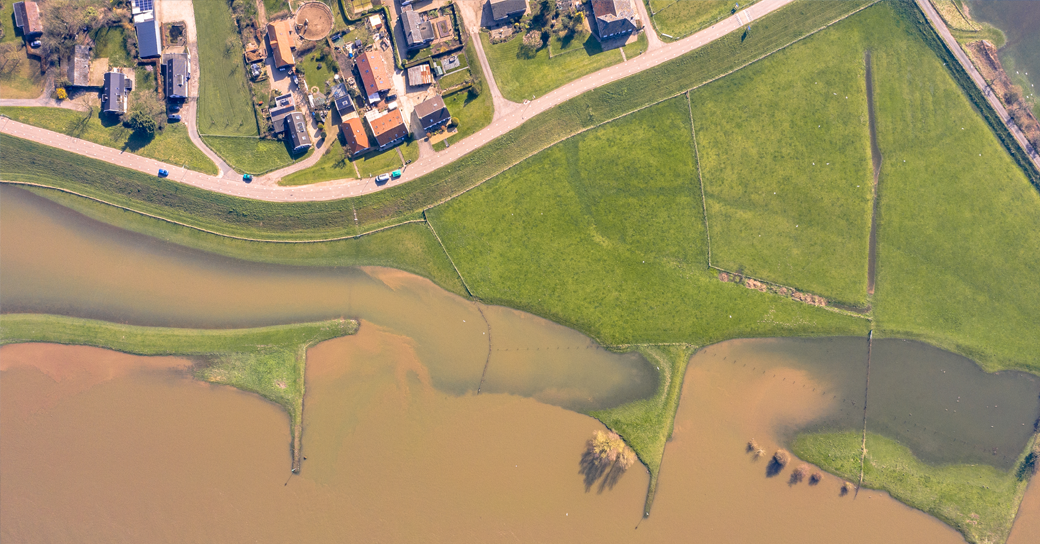As wildfires, tornados, flooding and other climate disasters threaten our nation, now is the time to improve the climate resiliency of our communities. The number of disasters totaling over a billion dollars has risen considerably over the past five years, with nearly 18 events a year. In some communities, the impacts of this rising rate in large-scale disasters resulted in the disruption of critical services, depressed property values, soaring insurance rates, and long-term infrastructure damage. By helping build resilient infrastructure before major disasters, climate resiliency aids diverse communities in weathering the impacts of accelerating climate change.
Karsun’s grants management modernization work supporting the Federal Emergency Management Agency (FEMA) includes its Grants Outcomes (FEMA GO) platform. This project enables FEMA to more efficiently deliver resiliency grants such as the Building Resilient Communities and Flood Mitigation Assistance. Improving climate resiliency through grants and other programs supports diverse communities in several ways.
Diverse communities are often the most vulnerable to extreme weather events, such as hurricanes, floods, and droughts. Improving climate resiliency can help reduce the impact of these events, which can help protect these communities from the economic and social costs of natural disasters. It can also protect the history of those communities for future generations. We previously shared how resiliency grants helped preserve the history of Princeville, North Carolina, one of the first towns formed by African American citizens in the United States.
Beyond preventing the harms caused by natural disasters, resilient infrastructure projects bring many benefits to communities. Improving climate resiliency might include planting more trees and creating green spaces. This helps mitigate the urban heat island effect and provides a range of other benefits, such as improving air quality and supporting biodiversity. This may also involve promoting sustainable agriculture, supporting local food systems, and implementing practices that help communities adapt to changing weather patterns. This, in turn, may increase access to fresh, healthy, and affordable food. Additionally, climate resiliency may introduce measures to reduce air pollution and promote active transportation, such as walking and cycling, which can help improve public health outcomes.
Overall, improving climate resiliency supports diverse communities by reducing their vulnerability to climate change, promoting environmental sustainability, and enhancing their overall well-being. The work done by Karsun grants management teams at FEMA support these efforts. Builders, experimenters, and innovators looking to Find Your Next while solving difficult challenges may apply for open roles at KarsunCareers.com.

